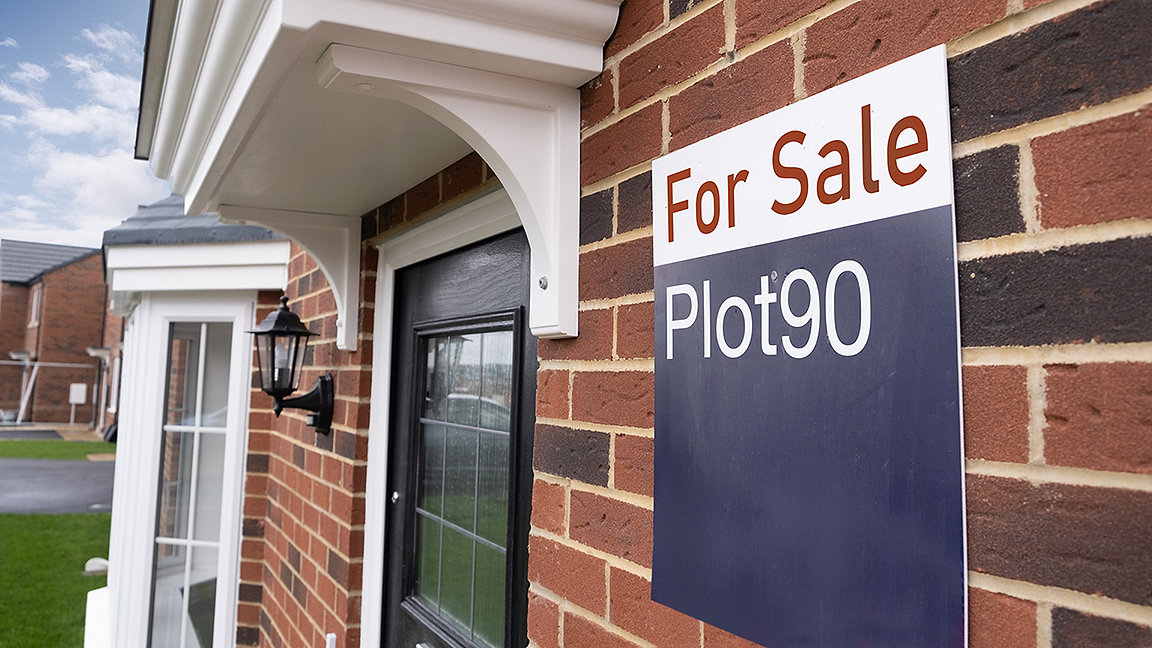
Although those buying new homes are usually happy with the service they receive and the quality of their properties, some encounter problems with the process and are left frustrated in their attempts to have developers address their concerns. Moreover, the numerous codes of practice that apply in the new homes sector have not always been seen to meet the needs of such customers.
To address these concerns, the New Homes Quality Board (NHQB) was established in January 2021 by a mixed group of stakeholders – including developer representatives – keen to demonstrate that the industry could implement the necessary improvements rather than have something statutory imposed.
The NHQB was set up to develop a framework that would both champion the quality of new-build housing and improve redress for dissatisfied customers where developers have failed to achieve the standards of build quality or customer service required.
The NHQB is an independent, not-for-profit body whose board members include representatives from consumer bodies, lenders, warranty providers and independent members as well as a representative from a large, medium and small developer.
Code aims to ensure quality of new homes
The NHQB in turn has developed the New Homes Quality Code (NHQC) to address gaps in existing codes, and emphasise the responsibility of developers to build high-quality homes. The code, which was launched in October 2022, currently covers England, Wales and Scotland, and there are plans to extend it to Northern Ireland.
The NHQC combines a principles-based approach with provisions covering the customer's experience for two years once they reserve a property, or from the date of completion. Specifically, the code:
- prohibits high-pressure selling
- improves safeguards for vulnerable customers
- requires customer deposits and other payments to be protected
- requires the provision of all relevant information about the home early in the sales process, including information on future charges and affordability
- introduces a cooling-off period and a fair process for property reservation
- allows customers to engage professionals to undertake a pre-completion inspection
- requires the property to be complete before the buyer occupies it, to prevent developers paying incentives to customers for moving in early
- establishes an independent ombudsman to enhance consumer confidence.
More than 180 developers have applied for registration with the NHQB, with the first having lauched in October 2022 and more coming online each month. Registration, which is voluntary, commits them to implement the requirements of the NHQC and abide by the decisions of the New Homes Ombudsman Service (NHOS).
Ombudsman set up to help resolve disputes
The service was established following a competitive tender process, launching in October alongside the NHQC.
NHOS is a subsidiary of the Dispute Service Ltd, which has a 20-year record in dispute resolution in the private rented sector. Like the NHQB, the NHOS is a not-for-profit organisation with an independent board and is accredited by the Ombudsman Association.
The service is available to customers of developers that have completed their registration with the NHQB. Customers of developers who are not registered can still go to their warranty provider and the ADR service offered by other codes.
As with all ombudsman organisations, there is an expectation that the customer will engage with the developer in the first instance to attempt to resolve their complaint. A customer who is not satisfied with the developer's response can then approach NHOS at the end of this process, or after 56 days if the complaint is still ongoing.
NHOS expects that most customers will be confident to engage with the service through an online portal, which is designed to share information quickly and easily between the parties and the ombudsman. However, the service can also be accessed by phone and post.
'NHOS expects that most customers will be confident to engage with the service through an online portal, which is designed to share information quickly and easily between the parties and the ombudsman'
Wherever possible, NHOS will work with the parties to agree an outcome at an early stage. This may be through a process of assisted negotiation, or engagement with a mediator.
If this is not successful, the case will be passed to the ombudsman team for a decision. The ombudsman will look at the evidence to establish whether the requirements of the NHQC have been met, and in particular whether the customer has been treated fairly.
NHOS scheme rules provide for a number of remedies where complaints are upheld, the aim being to restore the customer to the position they would have been in had the issue not occurred.
These remedies include having the developer issue an apology or explanation, requiring it to address outstanding defects or snags directly or, in some circumstances, meeting the costs of a third-party contractor. The financial limits under the scheme are currently set at £75,000, which would include any recognition of stress and inconvenience on the customer's part.
Developers will be required to implement the ombudsman's decision as long as the customer accepts the outcome. In addition to dealing with homebuyer complaints, NHOS will be looking to work with individual developers to improve their complaints handling procedures. In its wider work across the industry, the service will seek to identify any patterns that may indicate more systemic issues needing to be addressed.
NHOS expects to receive its first cases towards the end of March. Since its launch, the service has been taking calls from homebuyers keen to know more about its scope. Early indications are that customers are primarily concerned about snagging issues, defects and after-sales service.
Existing codes and legislation apply during transition
At present, the NHQC and registration with the NHQB are voluntary, although there are provisions in the Building Safety Act 2022 for the establishment of a statutory ombudsman service – the legislation allows for a statutory service to be established in a number of ways, including appointing an ombudsman already undertaking the function.
Current indications are that a significant proportion of the market will be covered by the new code. However, the NHQC is not retrospective in its application, so existing arrangements will remain in place for current customers while the transition is made.
Customers with concerns about the build quality of their new home will also still be able to take their concerns to their warranty provider, which may be able to resolve matters with the developer and not need the NHOS to be involved.
'The NHQC is not retrospective in its application, so existing arrangements will remain in place for current customers while the transition is made'

